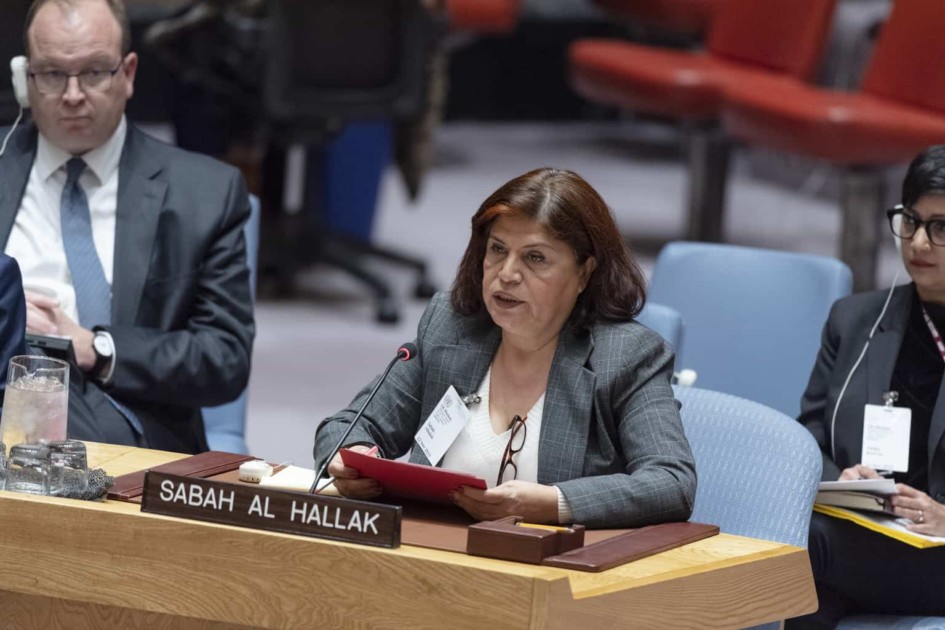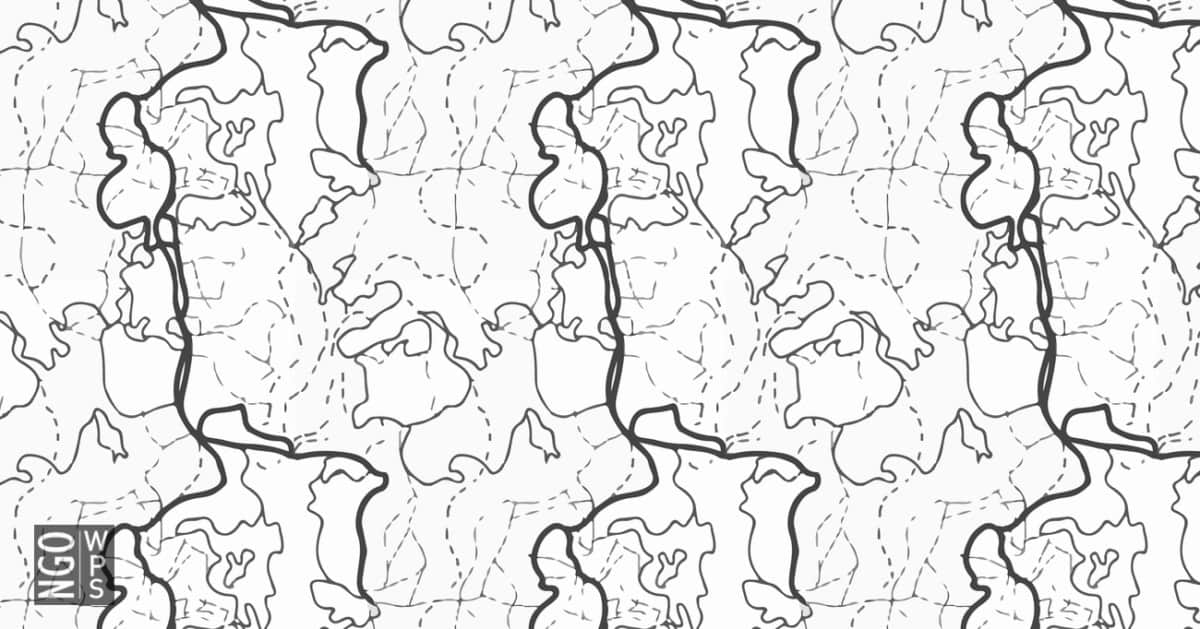Syria & Golan Heights
Syria & Golan Heights
Since 2011, Syria has been on the United Nations Security Council’s agenda, when President Assad’s aggressive actions against pro-democracy protesters during the Arab Spring became more frequent and increasingly violent, leading to civil war and terrorist violence within the country.
Insecurity is the primary concern for women, yet in spite of their limited operating environment, women activists have organized nonviolent protests, distributed and monitored humanitarian aid, documented human rights violations, created safe spaces for women and children, and worked at the local level to set up ceasefires, prisoner releases, and elections.
Based on the work of NGOWG members and their partners, the NGOWG advocates for ensuring women’s needs— such as secure access to sanitation facilities and hygiene, and health assistance— are adequately addressed, and that Syrian women are equally and meaningfully participating in the UN-facilitated political process and in the design and implementation of ceasefire monitoring mechanisms.
Golan Heights
Golan Heights, a disputed plateau in south-western Syria, is home to an equal number of Syrians and Jewish settlers, and since 1973, United Nations Disengagement Observer Force (UNDOF) peacekeepers have observed a contested territorial line between Israel and Golan Heights.
In the current Syrian conflict, Golan Heights has become a key strategic geopolitical position, causing an escalation in violence and increased violations of the ceasefire territorial agreements. Recent advances and attacks by the Islamic State of Iraq and the Levant (ISIL) have concerned residents of Golan Heights— particularly given ISIL’s systematic denial of women’s rights and perpetuation of violations against women.
Based on the work of NGOWG members and their partners, the NGOWG advocates for addressing the increasing gender imbalance in UNDOF by deploying a higher percentage of women, and inclusion of gender-specific language in the UNDOF mandate.
Current and Past Recommendations to the UN Security Council (Monthly Action Points)
In its consideration of a report on the humanitarian and political situation, the Council should call for gender-sensitive conflict, peacebuilding and humanitarian aid strategies; protection of civilians, particularly women and girls; upholding international humanitarian law; and the full and meaningful inclusion of women in all stages of the peace process and governance. Council members facilitating the Astana peace process must ensure women’s full and meaningful participation in the negotiations and operation of the de-escalation zones. They must also exert pressure on warring parties not to adopt a militaristic approach to the issue of detainees and those who were forcibly disappeared, and instead handle this file as an utmost humanitarian emergency. They must adhere to the commitments they have made to implement Resolution 1325 (2000) and consecutive resolutions in a transparent, accountable and sustainable way. The Council must call on the Office of the Special Envoy for Syria to strengthen and enhance the role of the Syrian Women’s Advisory Board in the peace process, and ensure its framework for operation promotes accountability for human rights violations and effectively incorporates Syrian women’s voices in all respects of the process. The Council should further urge the Special Envoy to include Syrian gender experts in all expert meetings under the technical consultative process to ensure that a gender perspective is taken into account in discussions on constitutional and legal issues. Additionally, the Council should consider providing alternative venues of participation to include voices and aspirations of Syrian citizens, particularly women, in the process, enhancing the credibility as well as sustainability of the process. Given the current deadlock on the issue of accountability, Council members should support the International, Impartial and Independent Mechanism (IIIM) on international crimes committed in Syria.
Council members should renew the provisions in Resolution 2165 (2014) to grant UN humanitarian agencies and their implementing partners authorization to use all border crossings, ensuring unhindered delivery of humanitarian supplies to people throughout Syria, particularly in besieged and hard-to-reach areas. The Council should prioritize gender-sensitive approaches to protection of civilians in both the delivery of humanitarian assistance and the operation of de-escalation zones, to ensure that gender-specific vulnerabilities faced by civilians, particularly women and children, are not further exacerbated. In addition, Council members must maintain support to Syrian non-governmental organizations (NGOs) operating in besieged areas to ensure uninterrupted delivery of humanitarian assistance to Syrian people in the event of a breach in the de-escalation zones agreement. Council members should further support programs that promote sustainable livelihoods for Syrian people, reduce vulnerability and enhance community resilience, particularly in besieged areas. Finally, Council members should request further information about the issue of increasing forced displacement of civilians and demographic changes in besieged areas as part of a “local agreement” between the government and local representatives, as well as measures undertaken to ensure the safe and voluntary return of refugees and IDPs.
In its consideration of a report on the humanitarian and political situation, the Council should call for gender-sensitive conflict, peacebuilding and humanitarian aid strategies; protection of civilians, particularly women and girls; upholding international humanitarian law; and the full and meaningful inclusion of women in all stages of the peace process and governance. Council members facilitating the Astana peace process must ensure women’s full and meaningful participation in the negotiations and operation of the de-escalation zones. They must also exert pressure on warring parties not to adopt a militaristic approach to the issue of detainees and those who were forcibly disappeared, and instead handle this file as an utmost humanitarian emergency. They must adhere to the commitments they have made to implement Resolution 1325 (2000) and consecutive resolutions in a transparent, accountable and sustainable way. The Council must call on the Office of the Special Envoy for Syria to strengthen and enhance the role of the Syrian Women’s Advisory Board in the peace process, and ensure its framework for operation promotes accountability for human rights violations and effectively incorporates Syrian women’s voices in all respects of the process. The Council should further urge the Special Envoy to include Syrian gender experts in all expert meetings under the technical consultative process to ensure that a gender perspective is taken into account in discussions on constitutional and legal issues. Additionally, the Council should consider providing alternative venues of participation to include voices and aspirations of Syrian citizens, particularly women, in the process, enhancing the credibility as well as sustainability of the process. Given the current deadlock on the issue of accountability, Council members should support the International, Impartial and Independent Mechanism (IIIM) on international crimes committed in Syria.
Council members should renew the provisions in Resolution 2165 (2014) to grant UN humanitarian agencies and their implementing partners authorization to use all border crossings, ensuring unhindered delivery of humanitarian supplies to people throughout Syria, particularly in besieged and hard-to-reach areas. The Council should prioritize gender-sensitive approaches to protection of civilians in both the delivery of humanitarian assistance and the operation of de-escalation zones, to ensure that gender-specific vulnerabilities faced by civilians, particularly women and children, are not further exacerbated. In addition, Council members must maintain support to Syrian non-governmental organizations (NGOs) operating in besieged areas to ensure uninterrupted delivery of humanitarian assistance to Syrian people in the event of a breach in the de-escalation zones agreement. Council members should further support programs that promote sustainable livelihoods for Syrian people, reduce vulnerability and enhance community resilience, particularly in besieged areas. Finally, Council members should request further information about the issue of increasing forced displacement of civilians and demographic changes in besieged areas as part of a “local agreement” between the government and local representatives, as well as measures undertaken to ensure the safe and voluntary return of refugees and IDPs.
Relevant Resources











